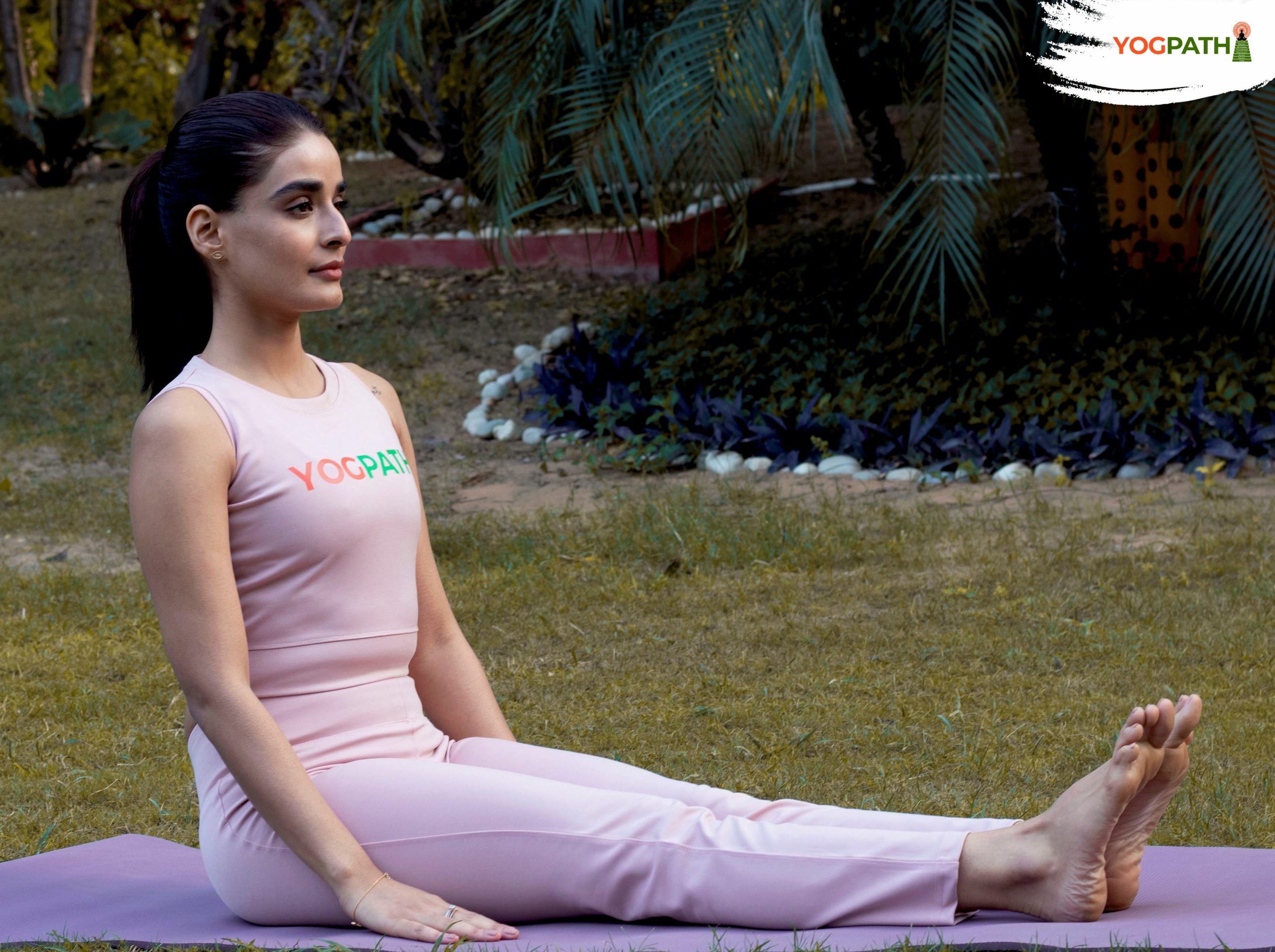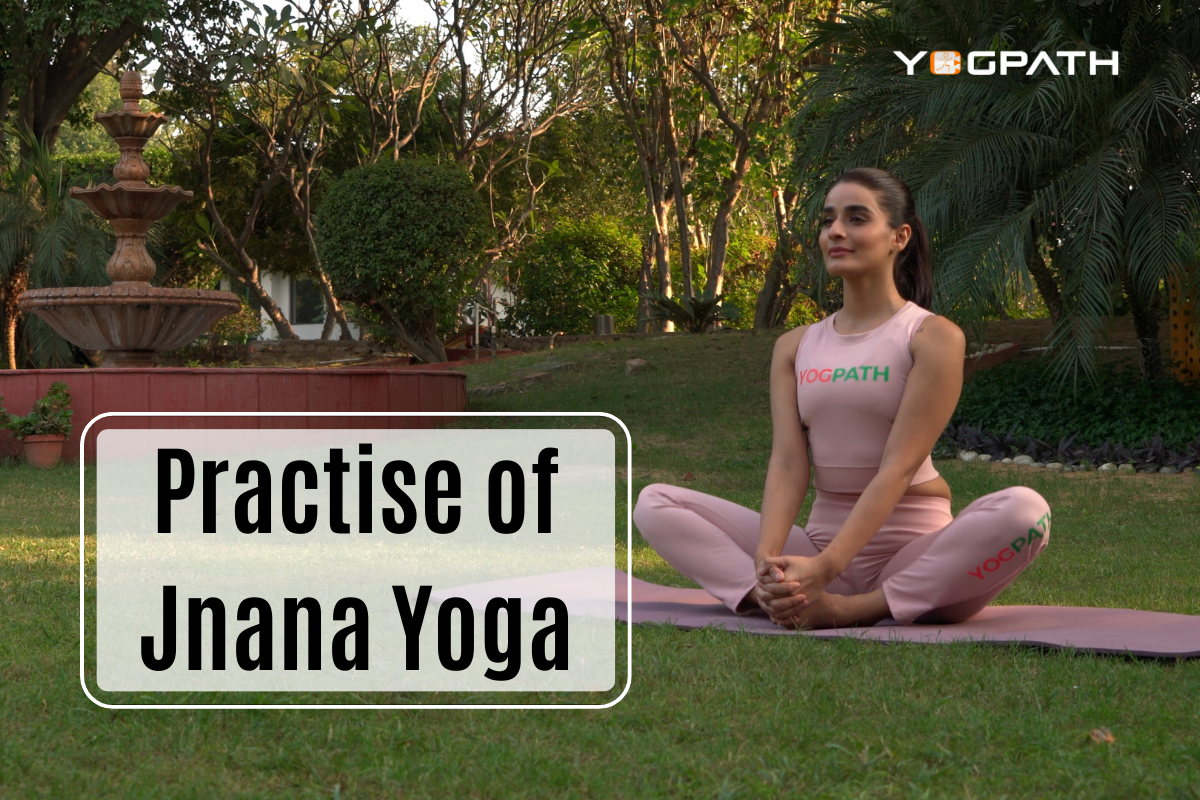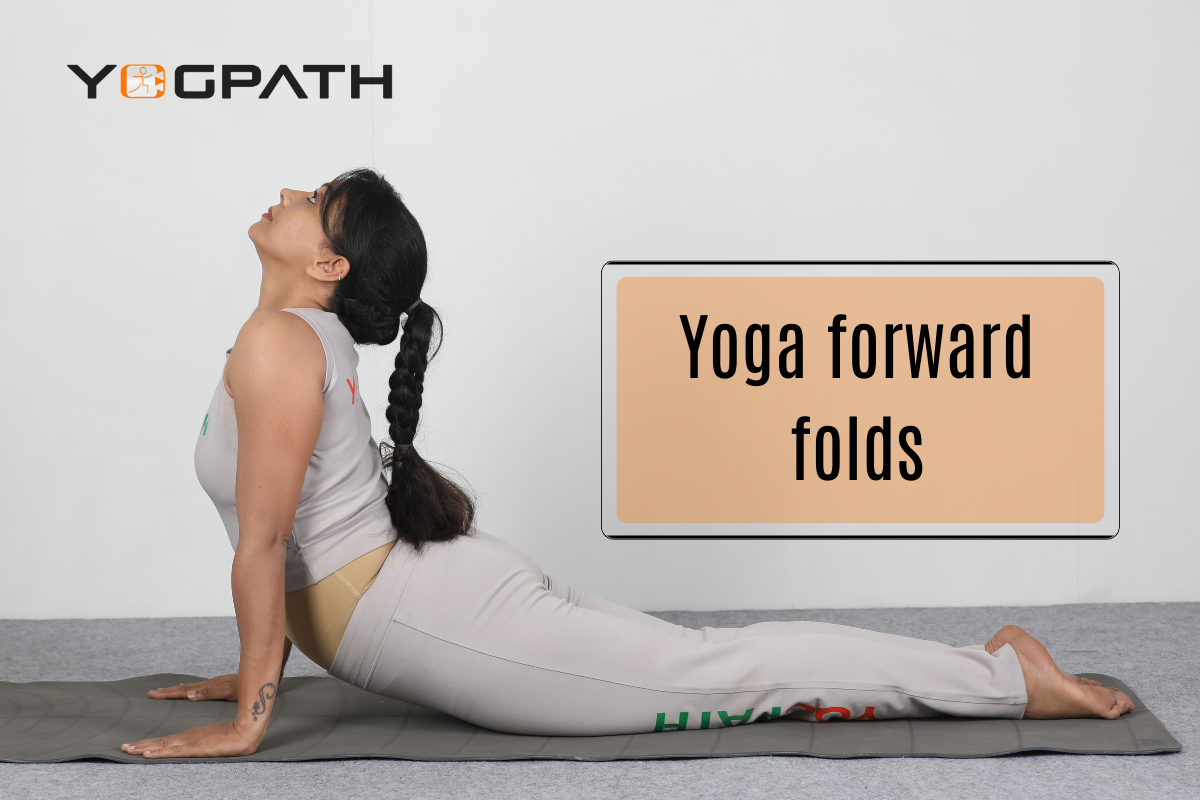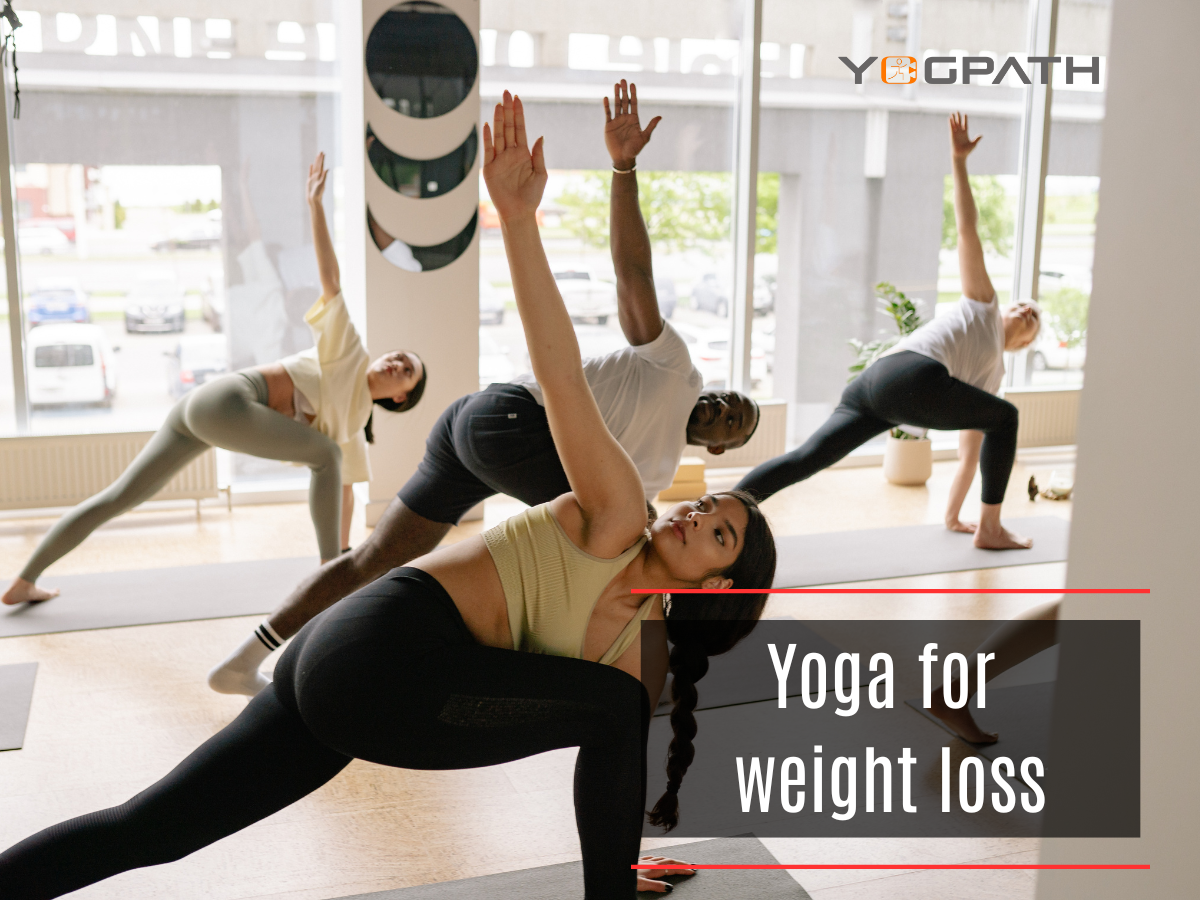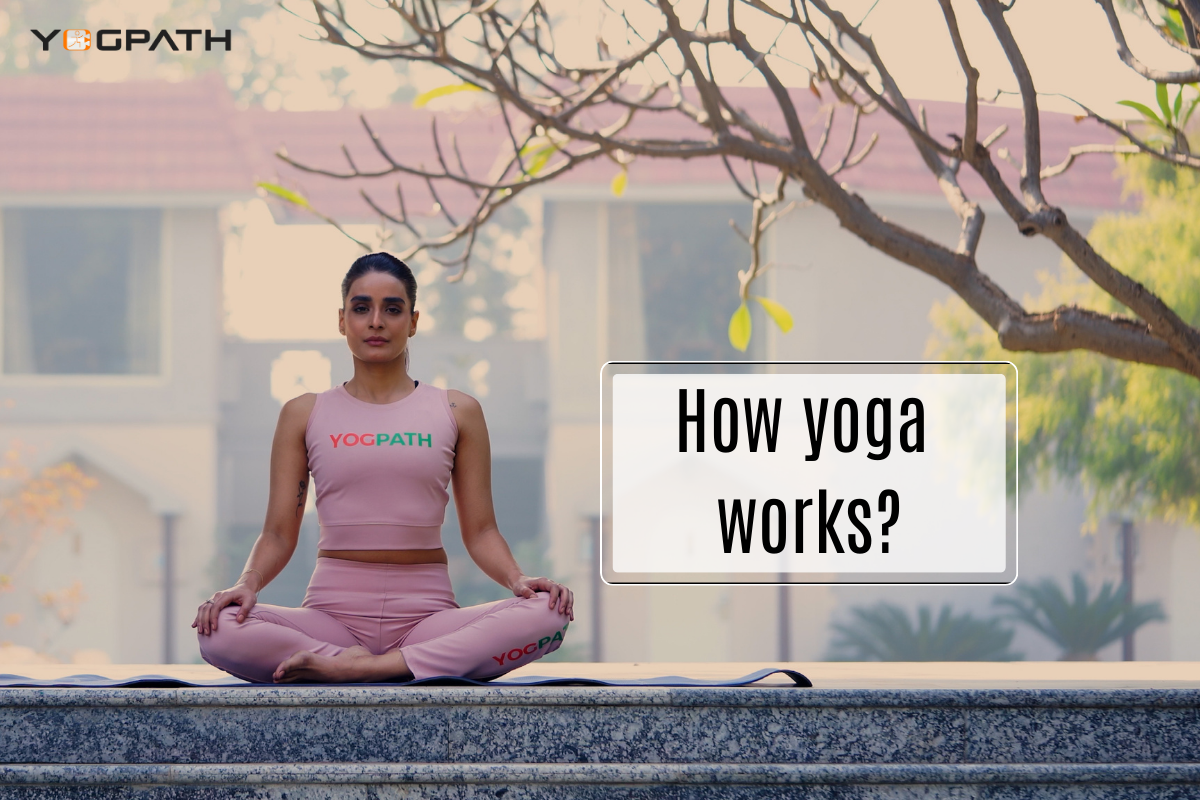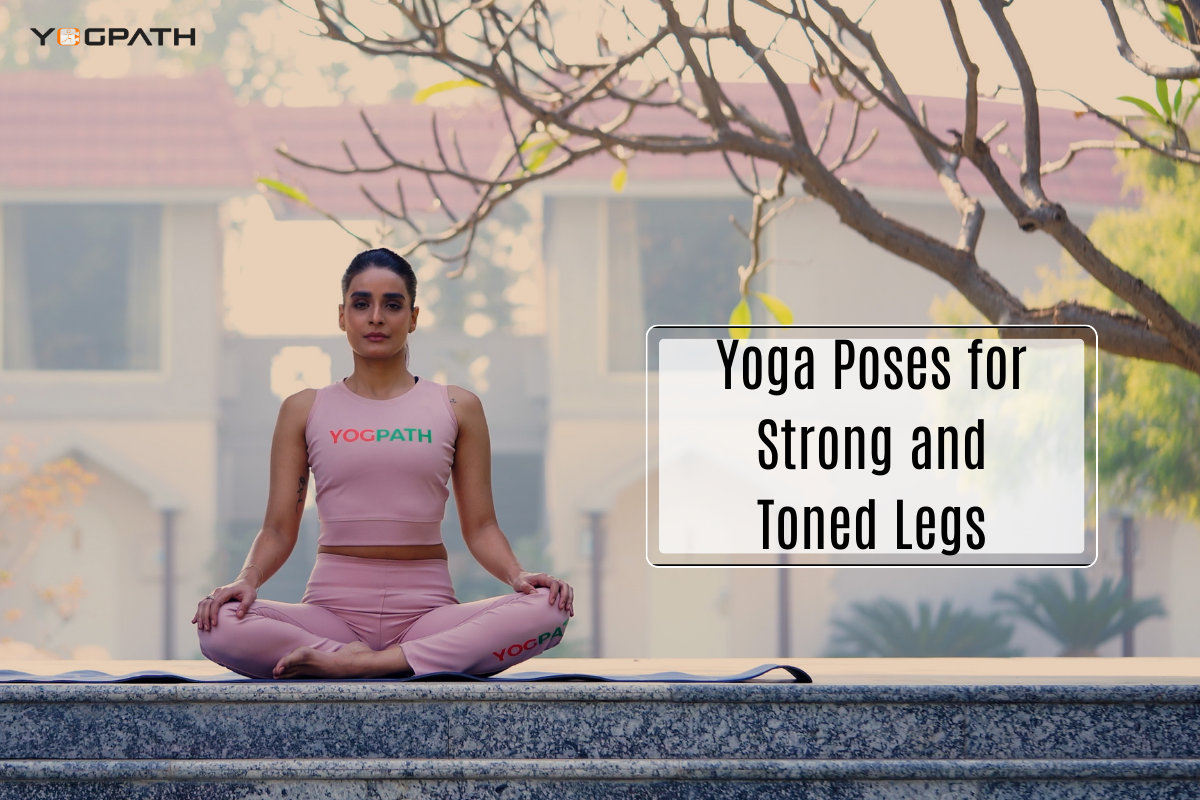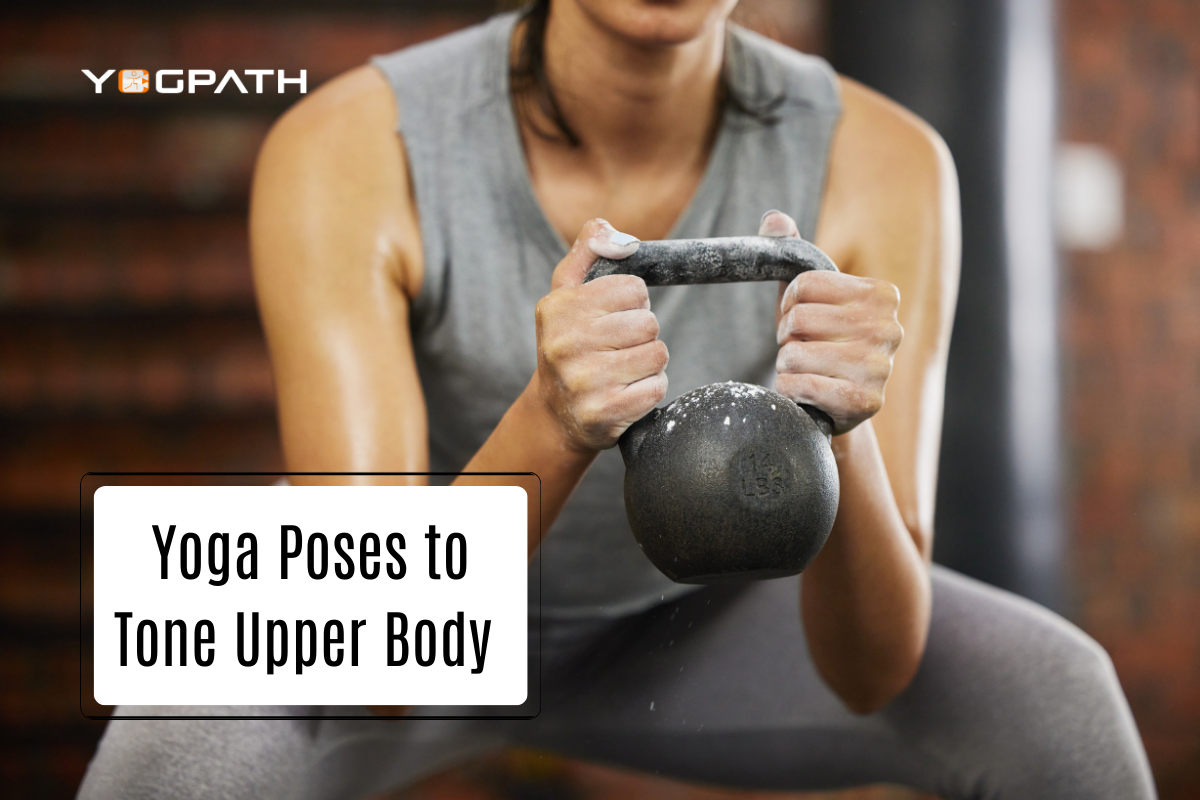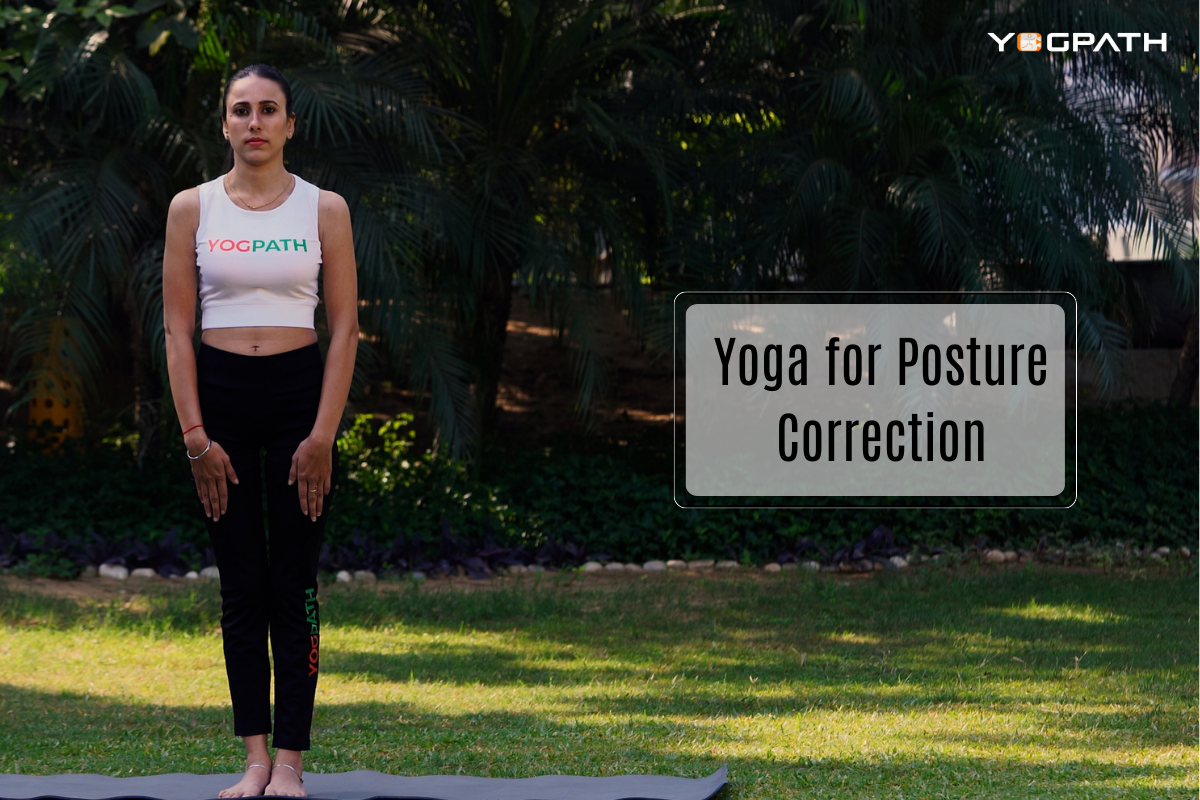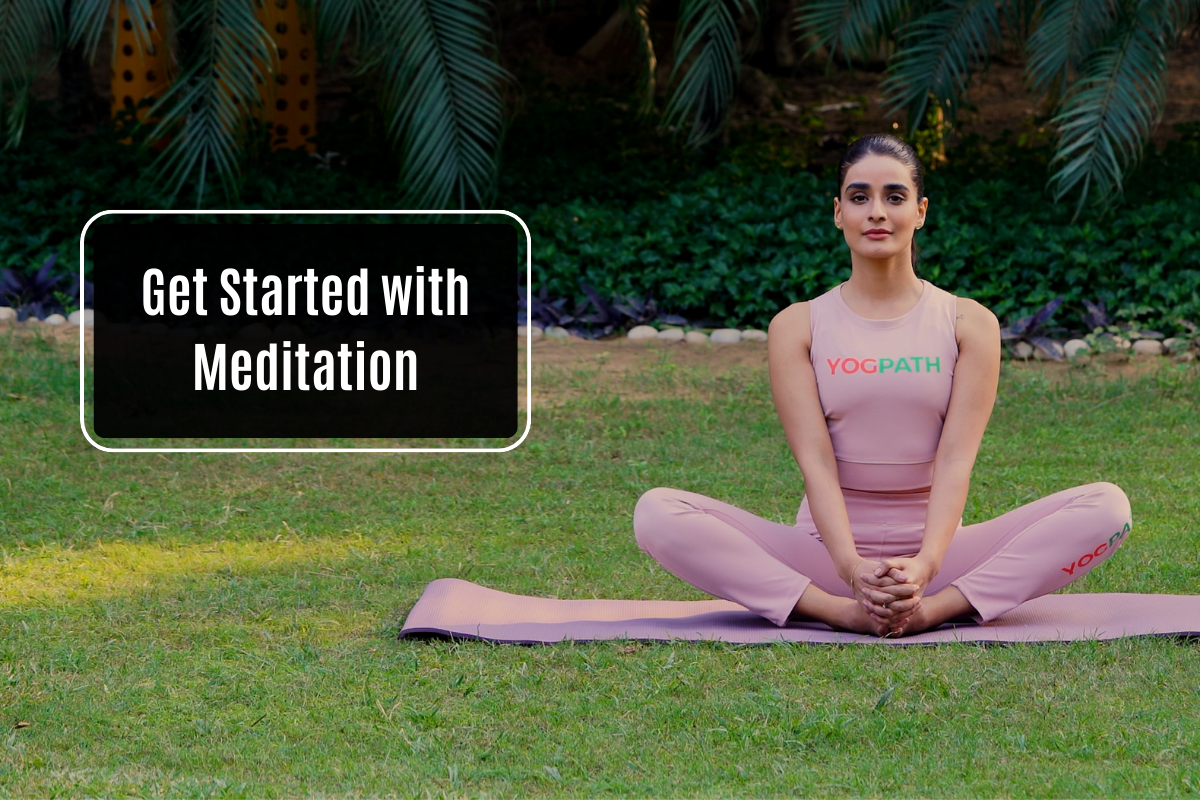
Meditation is a skill worth developing for many reasons. The idea that you have to essentially turn off your brain is one of the most widespread misunderstandings. We’ll explain why that’s not possible and provide some easy ways to get started with meditation and keep it up.
Let’s start with the positive aspects. It has been scientifically demonstrated that regular, brief meditation practises can:
- Ease nervousness and sadness by cutting down on stress
- The quality of sleep, the immune system, the ability to concentrate, the blood pressure, and even the neural connections in the brain can be improved by these methods.
Putting aside the scientific evidence, it is undeniable that meditation improves your overall well-being. And this, ideally, is what will keep you coming back for more practise.
Don’t stress over whether or not you’re performing each step correctly
Have you ever heard that the goal of meditation is to quiet the mind? That’s why so many people give up on meditation as a hopeless endeavour. One of two things happens: either they immediately give up on meditation because they believe they are “bad” at it, or they think they are “bad” at anything and give up.
Both the heart and the mind are designed to perform their functions. Mindfulness meditation is a practise that trains one to become aware of their surroundings without judgement or judgement of others. If you want to live in the moment, you have to stop letting your mind wander into imaginary worlds.
Relax
If you type “meditation” into Google, you’ll see countless images of calm, flexible people sitting cross-legged on the floor. But meditation doesn’t require a double knot in your torso or any suppleness whatsoever. What matters is that you have a good posture while seated. This will keep your diaphragm from becoming tight, allowing for unhindered breathing.
Considering that lying down can make it easier to nod off during meditation, sitting up is recommended.
Similarly, sleep has its benefits, but it can’t replace meditation. You can sit on a meditation cushion or bench, or lean against a wall if you prefer to sit on the floor. The alternative is for you to take a seat. If you’re interested in learning how to meditate while sitting, check out this guide.
Maintain uniformity
Make it a point to meditate daily, and if that seems too much at first, commit to not missing more than three days in a row. Though many people find that meditating first thing in the morning works best for them, you may find that another time of day is more conducive to your practise. If you want to make meditation a regular practise, it’s best if you can establish a routine with regard to both the time and place you meditate.
Set the timer for 5 minutes
People often say they don’t meditate because they don’t have the time. Many of meditation’s benefits can be attained in as little as five minutes a day, according to the research, and let’s be real: most of us do have five minutes to spare every day. Check out Esther Ekhart’s 5-minute meditation classes, which she has compiled in a playlist.
Be gentle with yourself
It’s normal to experience mental and emotional disorientation now and then.
However, be kind to yourself. That’s why it’s called a practise and not just “practise,” because every day will be different. Feel accomplished for deciding to follow through. We can’t promise that it will be painless or that it will make your life stress-free or perfect, but we can guarantee that it will be worthwhile.
Breathe
While using your breath as a mental anchor is an integral part of meditation, you shouldn’t give your breath any conscious attention or try to change its rhythm. Just go with the flow and pay attention to how the sensation of rising and falling affects you.
Make yourself at home in a state of unease
Anxiety, restlessness, and irritation are common negative feelings experienced by both novice and experienced meditators alike during the course of their practise. Don’t fight these feelings; instead, acknowledge them fully and let them pass as they will. The ability to recognise these feelings and not let them pull you down by triggering negative thought patterns is a skill that can be immensely useful in meditation and in life outside of it.
Bring your mindful self wherever you go.
After you’ve finished your morning meditation, plan out your next steps, whether they be taking a shower, eating breakfast, or getting the kids ready for school. Try to carry the heightened awareness and focus you experienced during meditation into whatever you’re doing next and onward throughout the rest of your day.
Take a breath and assess your current mental state.
Take some time to reflect on your emotional, mental, and physiological states after each session. Are you able to maintain your composure better than before you sat down? Do you have a better sense of clarity? Is tomorrow more on your mind today? The more you can link your daily meditation sessions to improved well-being, the more committed you’ll be to making the time to sit down and meditate every day.
Make a note of your justifications.
Keep track of the days you meditate and the days you don’t and why. Having the justification written down can make it less convincing. You won’t be as affected by it tomorrow, especially considering how crucial your mental wellbeing is.
Team up
Consider encouraging a pal to join you in meditation. You don’t have to sit down and meditate together every day, but having a friend who shares your goal can be very encouraging. If you have a friend to hold you accountable, you’ll be more likely to keep your appointments and avoid making excuses.
Don’t pass judgement
Try not to pass judgement. Once you’ve been meditating for a while, you might start to wonder if you’re “improving” and start to evaluate each meditation session as “good” or “bad.” Avoid judging your development based on the frequency with which you have epiphanies or the magnitude of the changes you’ve implemented in your life. Instead, the next time you sit down for a meditation, take a moment to reflect on whether or not you feel any different from when you started. Maybe you’re less tense, or maybe you’re more in tune with your emotions. We don’t set our sights on becoming experts at mediation; rather, we view it as a skill to be honed over the course of a lifetime.


